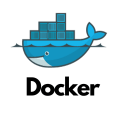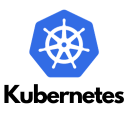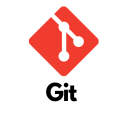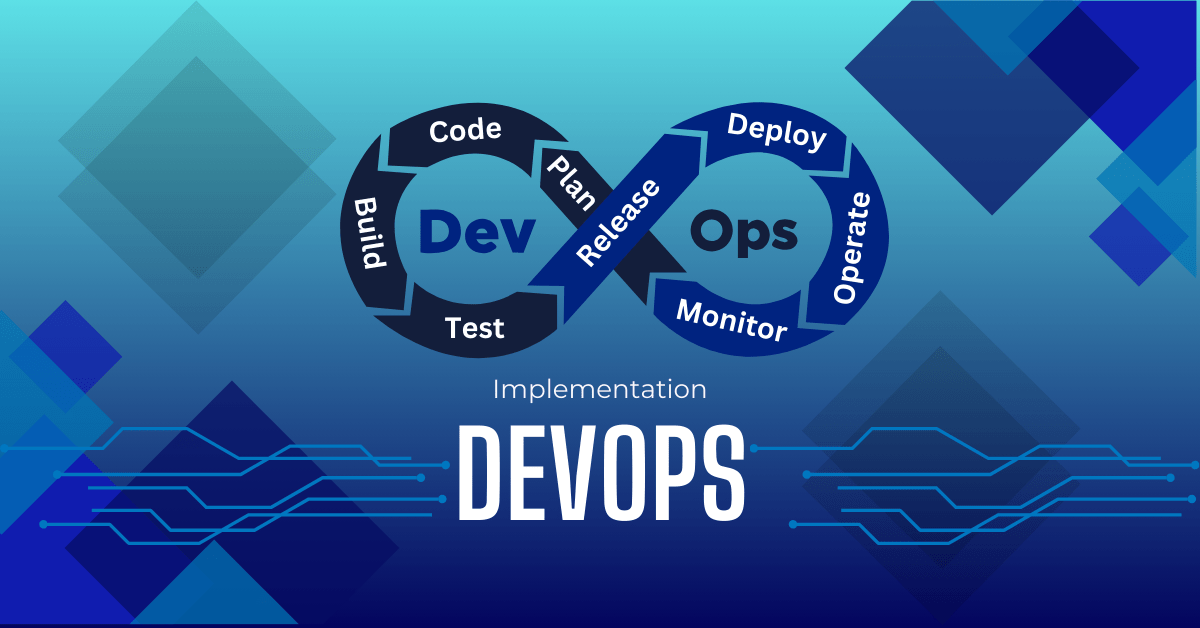DevOps, a combination of “development” and “operations,” is a software development approach that emphasizes collaboration, communication, and integration between developers and operations teams. It aims to enhance the efficiency and speed of software delivery, ensuring high-quality products and seamless deployment. Let’s dive into the details and explore how DevOps is implemented! 🚀💻
💡 Why DevOps?
- The ultimate goal is to deliver software faster and with better quality.
- DevOps promotes seamless communication between development and operations teams, fostering better collaboration and understanding.
- DevOps accelerates the software development life cycle, enabling quicker release of new features and updates.
- Continuous integration and continuous delivery (CI/CD) pipelines automate and streamline the deployment process.
- Automation of repetitive tasks and efficient resource utilization contribute to cost savings.
- DevOps supports scalable infrastructure, allowing applications to grow seamlessly with increased demand.
- Agility and efficiency enable businesses to respond swiftly to market changes.
🌟 Key Principles of DevOps:
DevOps implementation relies on several principles that foster collaboration and automation:
1️⃣ Continuous Integration (CI): Developers integrate their code frequently, ensuring rapid feedback and identifying issues early.
2️⃣ Continuous Delivery (CD): Streamlining the software release process to deliver new features and bug fixes more frequently and reliably.
3️⃣ Infrastructure as Code (IaC): Automating infrastructure provisioning using code, reducing manual errors and promoting flexibility.
4️⃣ Monitoring and Logging: Implementing monitoring and logging practices to identify and resolve issues proactively.
5️⃣ Collaboration and Communication: Promoting open communication and collaboration among development, operations, and other teams.
✅ Implementing DevOps
Implementing DevOps involves adopting a set of practices, tools and cultural changes. Here’s a step-by-step outline:
🔧 Step 1 : Assess Your Current State:
- Understand your organization’s current software development and delivery processes.
- Identify pain points, bottlenecks, and areas for improvement.
🚀 Step 2: Embrace Collaboration and Communication:
- Encourage a culture of collaboration between development and operations teams.
- Promote shared goals and cross-functional teamwork.
🔩 Step 3: Automate and Streamline Processes:
- Automate repetitive tasks to reduce manual efforts and minimize errors.
- Implement CI/CD pipelines to streamline code integration, testing, and deployment.
🌍 Step 4: Adopt Infrastructure as Code (IaC):
- Use IaC tools like Terraform or AWS CloudFormation to provision and manage infrastructure in a code-driven manner.
- Enable version control and automate infrastructure changes.
🔍 Step 5: Implement Monitoring and Logging:
- Establish monitoring and logging practices to gain visibility into the system’s health and performance.
- Utilize tools like Prometheus, ELK Stack, or Datadog for effective monitoring.
📈 Step 6: Continuous Improvement:
- Encourage a culture of continuous improvement and learning.
- Collect feedback, measure metrics, and iterate on your processes.
🤝 Step 7: Embrace DevOps Tools:
- Utilize a wide range of DevOps tools like Git, Jenkins, Docker, Kubernetes and Ansible.
- Choose the tools that best fit your organization’s requirements and goals.
🔄 Step 8: Measure Success:
- Define measurable goals and key performance indicators (KPIs) to track your DevOps implementation progress.
- Continuously measure and analyze your metrics to gauge success and identify areas for improvement.
🎉 Benefits of DevOps Implementation:
✅ Increased software delivery speed and frequency.
✅ Enhanced collaboration and cross-functional teamwork.
✅ Improved software quality and reliability.
✅ Greater agility to respond to market demands.
✅ Faster time to market for new features and bug fixes.
✅ Reduced deployment failures and faster recovery times.
What are some popular DevOps tools?
There are many popular DevOps tools available that can help organizations to implement DevOps practices. Here are some of the most widely used DevOps tools:

- Terraform is an open-source Infrastructure as Code (IaC) tool created by HashiCorp. It enables users to define and provision infrastructure in a declarative configuration language. Terraform supports a variety of cloud providers, as well as on-premises and other infrastructure components.

- OpenTofu is an open-source infrastructure as code tool that allows you to define both cloud and on-premises resources in human-readable configuration files that you can version, reuse, and share. It is hosted by the Linux Foundation and is a viable alternative to HashiCorp’s Terraform. OpenTofu is a fork of Terraform and retains all the features and functionalities that made Terraform popular among developers, while also introducing improvements and enhancements.

- Jenkins is an open-source automation server that helps to automate the software development process by building, testing, and deploying software.

- Docker is a containerization platform that enables developers to package applications and dependencies into containers, which can be deployed across different environments.

- Kubernetes is an open-source container orchestration platform that automates the deployment, scaling, and management of containerized applications.

- Git is a version control system that helps developers to manage source code changes and collaborate on software development projects.
How do I choose a DevOps tool?
Choosing a DevOps tool can be a daunting task, but it is important to select the right tool for your organization’s needs. Here are some tips to help you choose a DevOps tool:
- Understand your requirements: Before choosing a DevOps tool, it is important to understand your organization’s requirements. Consider factors such as the size of your team, the complexity of your software development process, and the specific needs of your organization.
- Evaluate different tools: There are many DevOps tools available, so it is important to evaluate different tools to find the one that best meets your organization’s needs. Consider factors such as ease of use, scalability, integration with other tools, and cost.
- Choose an open toolchain: An open toolchain allows you to customize your DevOps toolchain with best-of-breed tools that meet your organization’s unique needs. This approach often leads to increased time efficiency and reduces time to market.
- Consider scalability: Choose a DevOps tool that can grow with your team as your needs change. This will help you avoid having to switch to a new tool in the future.
- Consider collaboration: Choose a DevOps tool that encourages collaboration between development, QA, and IT operations teams. This will help to increase efficiency and improve the quality of your software.
- Consider automation: Choose a DevOps tool that automates manual tasks such as testing, builds, releases, and many other manual tasks that can reduce the software delivery process. This will help to improve the quality of your software and reduce costs.
- Consider monitoring: Choose a DevOps tool that provides observability and monitoring to help you detect issues before they become critical. This will help to improve the reliability of your software and reduce downtime.
Conclusion:
DevOps is a powerful and transformative approach that combines cultural, procedural and technological aspects to streamline software development and delivery. By focusing on collaboration, automation, and continuous improvement, organizations can unlock the benefits of faster and more reliable software releases. Get ready to revolutionize your software development processes with DevOps! 🚀🔧
About Us
NuageNetz IT Services Pvt. Ltd. is a cutting-edge IT company that specializes in Cloud Computing, Web Development, DevOps and Agile Methodologies. Our team of skilled professionals is dedicated to providing exceptional services to our clients using the latest technologies and tools
